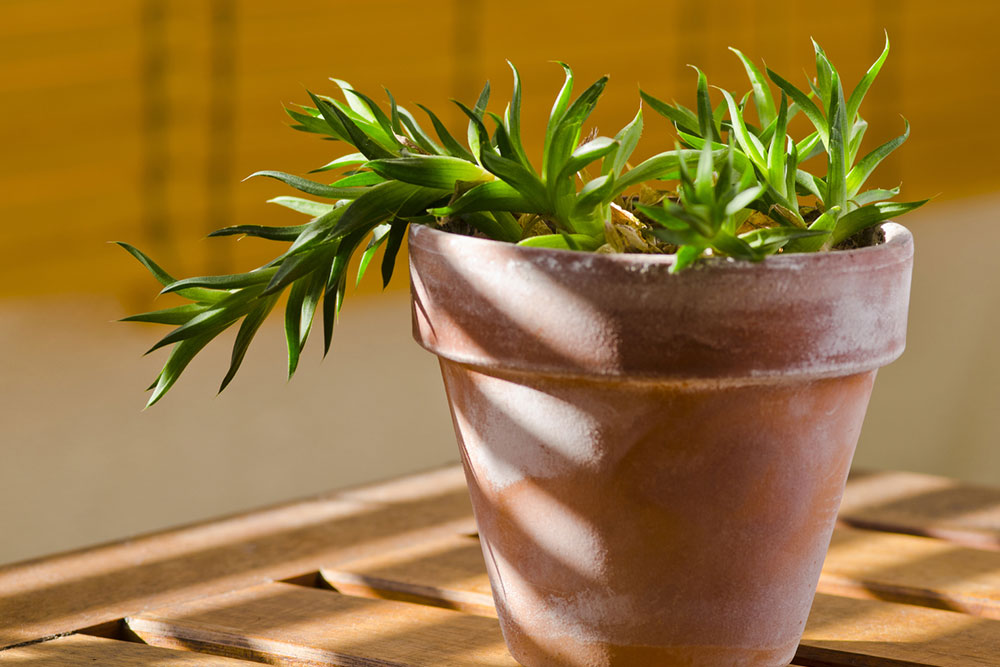
5 houseplants cats should avoid
Strange as it may sound, your efforts at beautifying your home can turn out to be a cause of concern for your pet’s health. Houseplants, for instance, are known to pose serious health hazards for cats who tend to chew on flowers and leaves. Often being taken to the vets for this, the severity of their medical conditions will largely depend on the parts of the houseplants that cats have actually chewed on. For example, flowers and leaves of houseplants are typically a lesser hazard.
Houseplants that cats must avoid include the following:
1. Lilies
Lilies are believed to highly toxic for pets, especially cats. There are different varieties of lilies like Asian, tiger, Japanese show, Casa Blanca, Easter, etc. which have even caused cases of kidney failure in them. While adult cats usually do not chew on flowers and leaves of the lily plant, the pollen which drifts from bouquets can settle on surfaces and eventually get stuck to your cat’s fur. When they lick themselves, it automatically passes into their stomach. Ingestion of even a tiny amount of this can lead to acute renal failure.
2. Monstera deliciosa
Monstera deliciosa, popularly called the Swiss cheese plant, is a huge favorite among houseplant owners. But this plant is very toxic to cats and even a single bite can cause them acute pain. Symptoms of poisoning include drooling, throat pain, swallowing problems, and irritation in the oral cavity.
3. Jade
Jade plants are also known as rubber plants and each of their parts is toxic for the cat. When your furry pet nibbles on these, the results can be fatal. Since these houseplants are quite big in size, it may be difficult to keep your cat away from them at all times. Jade poisoning may lead to vomiting, muscle function loss, slow heart rates, etc. You must take your cat to see the vet right away in case they chew on it.
4. Aloe vera
Aloes such as aloe vera are very common as houseplants and they have amazing healing properties. But some of the compounds in aloe vera can also prove to be toxic for your cat. Symptoms of poisoning from aloes include loss of appetite, diarrhea, depression, red-colored urine, etc. This also requires immediate intervention by a veterinarian.
5. Ivy
Devil’s ivy is a common houseplant with leaves and it may be dangerous for your cat if it chews on these by mistake. Calcium oxalate crystals in its parts may prove to be very painful for your furry companion. The symptoms of poisoning are almost the same as that of the monstera, like drooling, swallowing troubles, or pawing at the mouth. When your cat starts to show these symptoms, you should not wait any longer and show her to a vet at once. Usually, cats can make a complete recovery following prompt treatment.
These are some houseplants that cats need to stay away from. In case your pet does eat any part of a poisonous plant, you need to call the doctor right away. It is helpful if you can carry the plant the cat chewed on to the vet’s chamber. It is easier for the vet to then identify the cause of poisoning and treat the condition accordingly.


